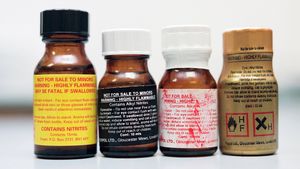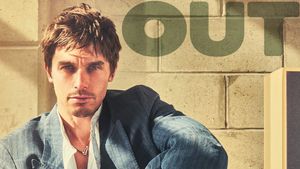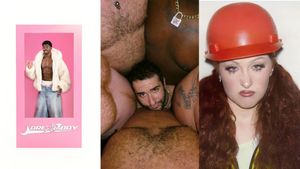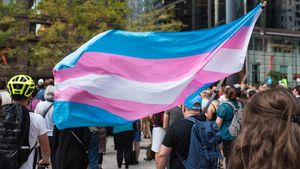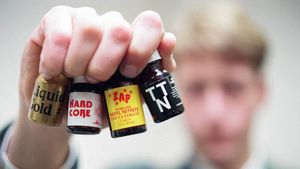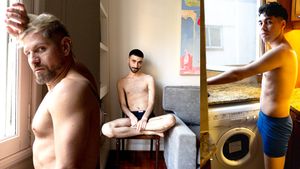Under a veil of secrecy, I was asked to meet Firas at a restaurant on Manhattan's Upper East Side. I wasn't sure what to expect but felt compelled to make the trek to hear what he had to say. Firas had read one of my op-eds on The Advocate; he connected to my openness as a gay American writer and asked if I could help share his story. As I approached the restaurant, I could see a tall young man wearing a dark suit and a bright smile seated outside; I guessed he was somewhere in his late 20s. I sat down and we started to converse. There we were, two gay men with so much yet so little in common. Firas was born in the kingdom of Bahrain, a small island located in the Persian Gulf. I have to admit, before I met Firas, I didn't know too much about this part of the world. Firas hopes to educate Americans like me about his country and what it is like living there as a gay man.
Firas first left Bahrain as a teenager to attend college in Europe. He later returned home, but he wanted to "escape and liberate" himself from a society with deep religious ideologies not openly aligned with the person he is. While homosexuality has been legal in Bahrain since the 1970s, due to the nation's position within the Arab world, it is not openly embraced. Moreover, in recent years, there has been a crackdown on gays, with some arrested under vaguely worded "morality" laws. But among gays within the Arab world, Bahrain offers a "don't ask, don't tell" atmosphere. Firas told me to think of Bahrain as the Las Vegas of the Middle East: What happens in Bahrain, stays in Bahrain. The nation is a "relatively" liberal enclave in a very conservative region, and, as such, provides a welcome place of escape for gay men living in surrounding countries, especially in nearby Saudi Arabia. In Saudi Arabia, gay rights are denied, as society there is heavily influenced by Arab tribal customs.
Firas came out to his family when he was 15, and he has a brother who is also gay. In Bahrain, they can go out to "gay bars," but don't expect to see any rainbow flags or a Pride parade. Firas took a job in the United States with the hope of creating small waves of change within his country and to learn Western ways to help LGBT people in the Middle East establish and promote their rights. Firas is able to live more freely here in New York City and was excited to tell me about an upcoming birthday weekend he had planned for his boyfriend. However, he struggles with having to conceal his identity among colleagues, given his position. Firas explains,"The reason for secrecy is because in the Arabian peninsula and specially in the Gulf, tribalism plays a huge part in diplomatic relations; my security can be at risk when I go back home. Coming out to my immediate family and close friends was easy, but taking my journey to the next level could not only affect me but my family on whole."
While listening to Firas's story, I could not help but think of my own struggles growing up as a gay man in America. I reflected back to a time when gays were seldom depicted on television. When I was growing up in the '80s, the images of gay men ingrained in my head were associated with the AIDS epidemic. I remember seeing skeletal men with sores on their bodies on the nightly news. Because of these images, I did not want to be gay. I was not ready to accept myself until years later. I remember watching Ellen DeGeneres come out in 1997; it was a catalyst of conversation in my home and in the homes of millions of Americans. The following year, 21-year-old Matthew Shepard was beaten, tortured, and left to die. Shepard's murder horrified the nation and brought attention to hate-crimes legislation at state and federal levels. Fast-forward to 2015, with the Supreme Court's landmark ruling that the Constitution guarantees a right to same-sex marriage, we have come a long way. Point being, every society has its own history; change is indeed possible, even in the Middle East.
Firas would one day like to marry his boyfriend and reveal himself to his colleagues without risk of punishment. He hopes one day Bahrain could be a leading country for the gay movement in the Middle East. Firas feels strongly that by sharing his personal story, he can inspire other gay Middle Easterners to move beyond traditions and follow their hearts to an acceptance that the LGBT Arabs are just as entitled as everyone else for basic human rights.
The issue of LGBT rights has gained visibility at the United Nations, and that's in spite of attempts by some countries to try to argue that their culture precludes them recognizing gay rights. The U.N. recently launced Free & Equal, a highly visible antihomophobia campaign that's on track to reach 2 billion people by the end of this year, making it the U.N.'s most popular human rights campaign to date. This is good news for Firas and the millions like him.
 DAMON GONZALEZ is a business manager at Bon Appetit and an actor, writer, and commenter.
DAMON GONZALEZ is a business manager at Bon Appetit and an actor, writer, and commenter.
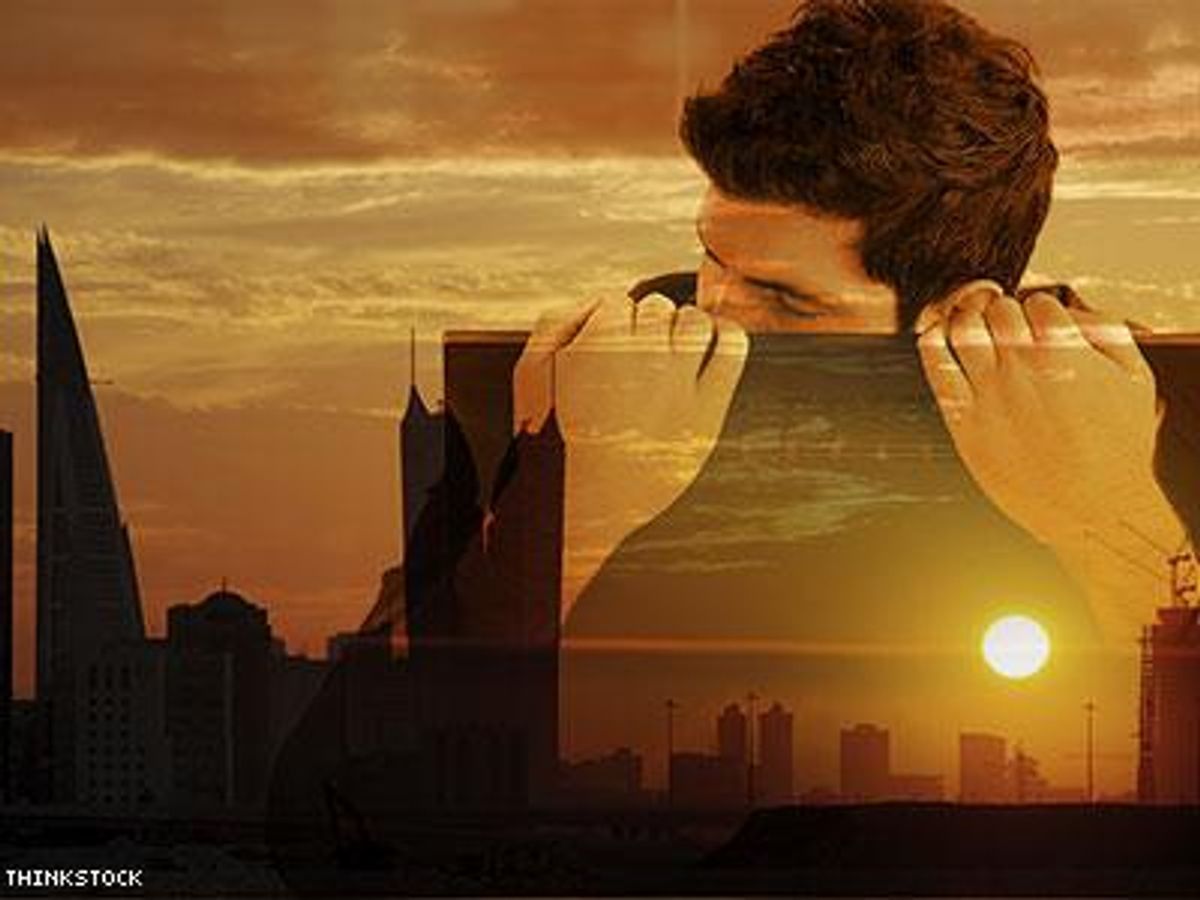

 DAMON GONZALEZ is a business manager at Bon Appetit and an actor, writer, and commenter.
DAMON GONZALEZ is a business manager at Bon Appetit and an actor, writer, and commenter.








































